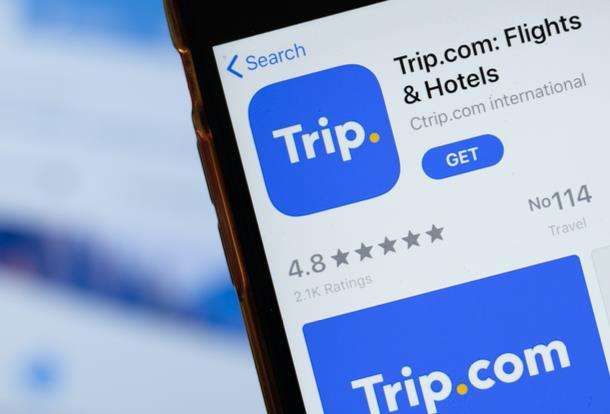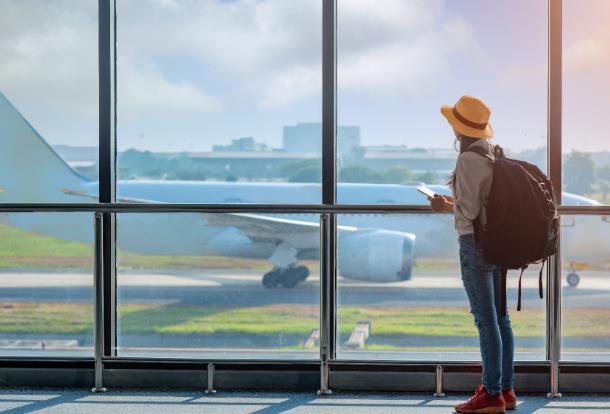When COVID-19 sent the world into lockdown in March, AI travel agent Snaptravel saw its business drop by 80% overnight.
Amid the travel industry’s collapse, Snaptravel’s founders were able to turn around the company and reach profitability within just 60 days. For other companies that have been hit hard by the coronavirus pandemic, Snaptravel’s astonishing recovery holds lessons on how to move quickly and reinvent yourself in a time of crisis.
2020 IS CANCELED, NOW WHAT?
Inovia partner Patrick Pichette became concerned for the firm’s portfolio companies. The soon-to-be Twitter chairman had extensive experience navigating crises as Google’s CFO during the 2008 global economic meltdown. He knew that in order to survive, the VC’s startups would need to take swift decisive action.
On April 1 and again on May 13, Pichette convened huddles with Inovia’s CEOs and CFOs.
“We told them that they needed to shore up enough cash to make payroll through December 2021,” says Chris Arsenault, Inovia partner and Snaptravel board member. “Planning is useless in times of uncertainty. The only thing you can do is figure out the next 90 days in 30-day cycles, and manage cash weekly.”
THE UNCERTAIN PATH TO PROFITABILITY
Heeding Inovia’s advice, Fazal and Shi charted a course to become profitable as fast as possible. This was a significant change from how they had previously managed their business.
Fazal and Shi have now chronicled their odyssey in a 10-step playbook to profitability, of which Fast Company was given an exclusive preview. First, they put out the fires that were consuming their resources and reached out to their hotel partners to negotiate customer refunds. Then, they shifted their attention to a line-by-line cost analysis and eliminated any projects that didn’t contribute directly to earnings. This cut their workload in half and helped them set a clear direction for the company.
By tapping into their predictive AI capabilities, Snaptravel stepped up texting hotel deals that matched user preferences and saw a 25% increase in bookings from conversations they initiated. They found that personalized, conversational, relevant, and well-timed messages made customers feel like Snaptravel understood their needs and created demand that didn’t previously exist.
Now, Snaptravel is on a hiring spree, though they’re not rehiring staff that were laid off. Instead, they’re doubling down on their investment in machine learning and data analytics by recruiting engineers to make Snaptravel more conversational and intuitive.
Read original article




